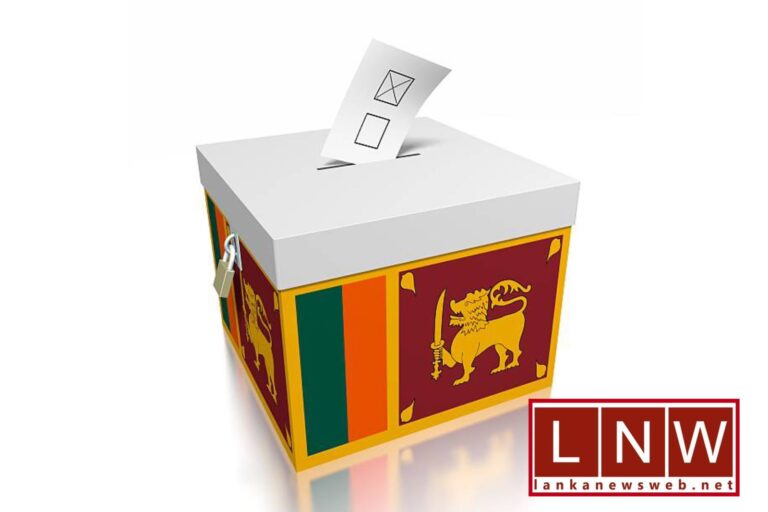By: Isuru Parakrama
September 22, Colombo (LNW): The following results are of Matara electorate of the Matara district.
Matara Electorate of the Matara District
Anura Kumara Dissanayake – 43,827
Sajith Premadasa – 16,822
Ranil Wickremesinghe – 9,661
Namal Rajapaksa – 1,489
With that being said, Presidential Candidate of the National Peoples Power (NPP) Anura Kumara Dissanayake has secured a 59.39 per cent landslide win in the Matara electorate of Matara District.



